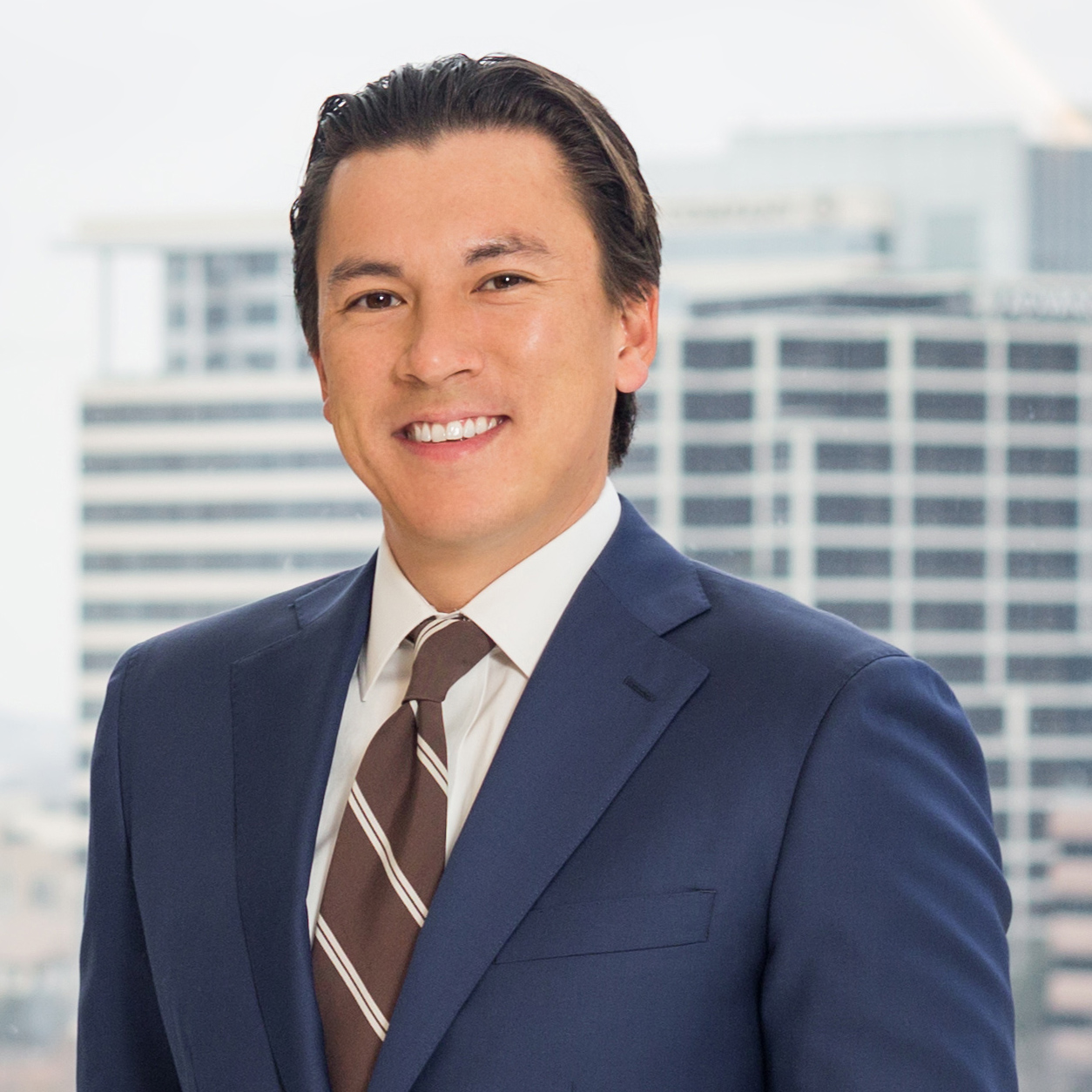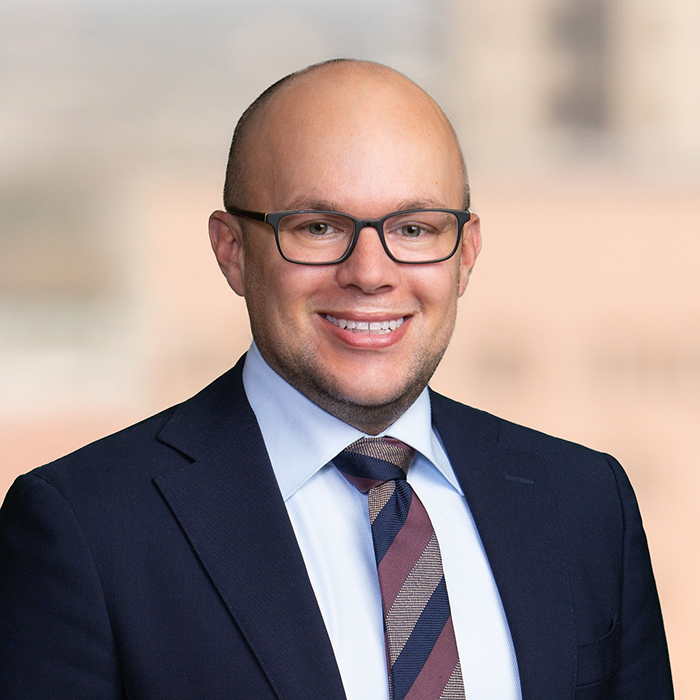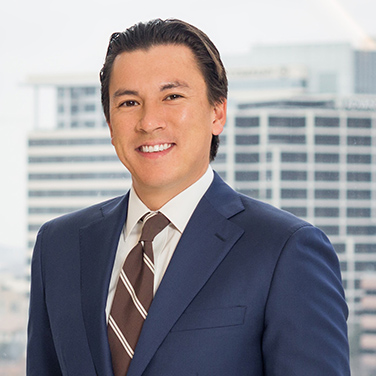By Michael A. Drab and David Schlottman
On January 15, 2025, the Supreme Court for the United States issued an opinion interpreting the standard of proof employers must meet to establish the applicability of an exemption to the overtime requirements of the Fair Labor Standards Act (“FLSA”). See E.M.D. Sales, Inc. v. Carrera, 604 U.S. _____ (2025). This opinion overturned precedent from the Fourth Circuit Court of Appeals that required employers to prove by “clear and convincing” evidence that an employee was exempt from overtime. Instead, the Court held an employer need only show the application of an exemption by a preponderance of the evidence.
FLSA Overtime Requirements and Exemptions
Among other things, the FLSA requires employers to pay employees a minimum wage and overtime compensation for hours worked beyond 40 in a workweek. The rate of pay for overtime must be 1.5 times the employees’ regular wages.
In a typical case, a plaintiff seeking overtime must prove (1) he or she was employed by the defendant; (2) he or she worked overtime hours for which he or she was not properly compensated; and (3) the amount and extent of overtime worked. If a plaintiff makes that initial showing, a defendant can avoid liability by, among other things, proving the plaintiff was exempt from the FLSA’s overtime provisions. The FLSA provides a laundry list of exempt workers. See 29 U.S.C. § 213.
Sales Dispute Leads to Landmark Supreme Court Decision
The case arose from a dispute between three sales representatives and their employer, a food-products distributor called EMD Sales, Inc. EMD Sales argued it was not required to pay the employers overtime compensation because they were exempt from overtime under the exemption for outside salespeople.
Regulations issued by the Department of Labor state that the outside sales exemption applies to workers whose primary duty involves making sales or obtaining orders for services or the use of facilities that will be paid for by a client or customer and who “is customarily and regularly engaged away from the employer’s place or places of business in performing such primary duty.” 29 C.F.R. § 541.500.
After a nine-day bench trial in the United States District Court for the District of Maryland, the employer lost and was facing a judgment awarding the plaintiffs two years of unpaid minimum and overtime wages plus liquidated damages, pre- and post-judgment interest, along with costs and reasonable attorneys’ fees. The district court specifically found that, although EMD had evidence suggesting that § 541.500 might apply to the plaintiffs and exempt them from overtime, the evidence it submitted was not “clear and convincing.”
EMD appealed to the Fourth Circuit Court of Appeals, which affirmed the judgment based on an opinion that court issued in 2009 in Desmond v. PNGI Charles Town Gaming, 654 F.3d 688, 691 (4th Cir. 2009), which held that employers must show the application of an exemption by clear and convincing evidence.
The Supreme Court reversed the Fourth Circuit and held that the district court erred in requiring clear and convincing evidence from EMD. Instead, the Court held an employer need only prove the application of an exemption by a preponderance of the evidence, which it explained “allows both parties in the minerun civil case to ‘share the risk of error in roughly equal fashion.’” (quoting Herman v. MacLean v. Huddleston, 459 U.S. 375, 390 (1983)).
A New Era for FLSA Litigation: What Lies Ahead?
The Supreme Court’s opinion is a welcome change to employers litigating FLSA cases in the Fourth Circuit. However, as noted in the Court’s opinion, every other jurisdiction (including the Fifth Circuit) had already ruled that an exemption need only be proved by a preponderance of the evidence. In other words, the EMD opinion does not signify a significant change for employers involved in overtime litigation here in Texas.
However, the EMD decision is the second time in recent history that the Supreme Court has pared back employee-friendly rules in the context of disputes under the FLSA. In 2018, for example, the Court reversed an opinion out of the Ninth Circuit holding that exemptions to the FLSA’s overtime requirements ought to be construed narrowly. See Encino Motorcars, LLC v. Navarro, 584 U.S. 79, 85 (2018). Instead, the Court held that FLSA exemptions must be given “a fair reading.” Id. at 90.
This trend might suggest a willingness for reconsideration of other arguably extra-textual rules in FLSA litigation. Might the Court put an end to requiring court approval of FLSA settlements? Or perhaps it might weigh in on the standard courts should apply when considering whether to certify a collective action, putting an end to the employee-friendly Lusardi two-step. Only time will tell.
The opinions expressed are those of the authors and do not necessarily reflect the views of the firm, its clients, or any of its or their respective affiliates. This article is for informational purposes only and does not constitute legal advice. For more information on the Supreme Court’s opinion on FLSA overtime exemptions, please contact David Schlottman and Michael Drab or a member of the Labor and Employment practice.
 Meet Michael
Meet Michael
Michael A. Drab specializes in departing employee disputes, with an emphasis on the protection of trade secrets and confidential business information. Michael has litigated non-compete and trade secret cases in state and federal court and in arbitration proceedings. He has been recognized as a Texas Rising Star in the area of Employment Litigation.
 Meet David
Meet David
David Schlottman handles complex cases involving employees, the workplace, and related business disputes. He has wide-ranging experience related to wage-and-hour issues, employee competition, theft of trade secrets, contract claims, compensation disputes, employment discrimination and retaliation, and union-related disputes. David serves on the leadership council for the State Bar of Texas Labor and Employment Law Section, and he is currently the Chair of the Labor & Employment Law Section of the Dallas Bar Association. He has been recognized as a “Best Lawyer Under 40” by D Magazine since 2023. He has also been named an up-and-coming Labor & Employment attorney in Texas by Chambers USA: America’s Leading Lawyers for Business (2023-2024), a “Best Lawyer” by The Best Lawyers in America (2021-2024), and among Lawdragon‘s list of the 500 Leading U.S. Corporate Employment Lawyers (2022-2023).
 Meet David
Meet David
